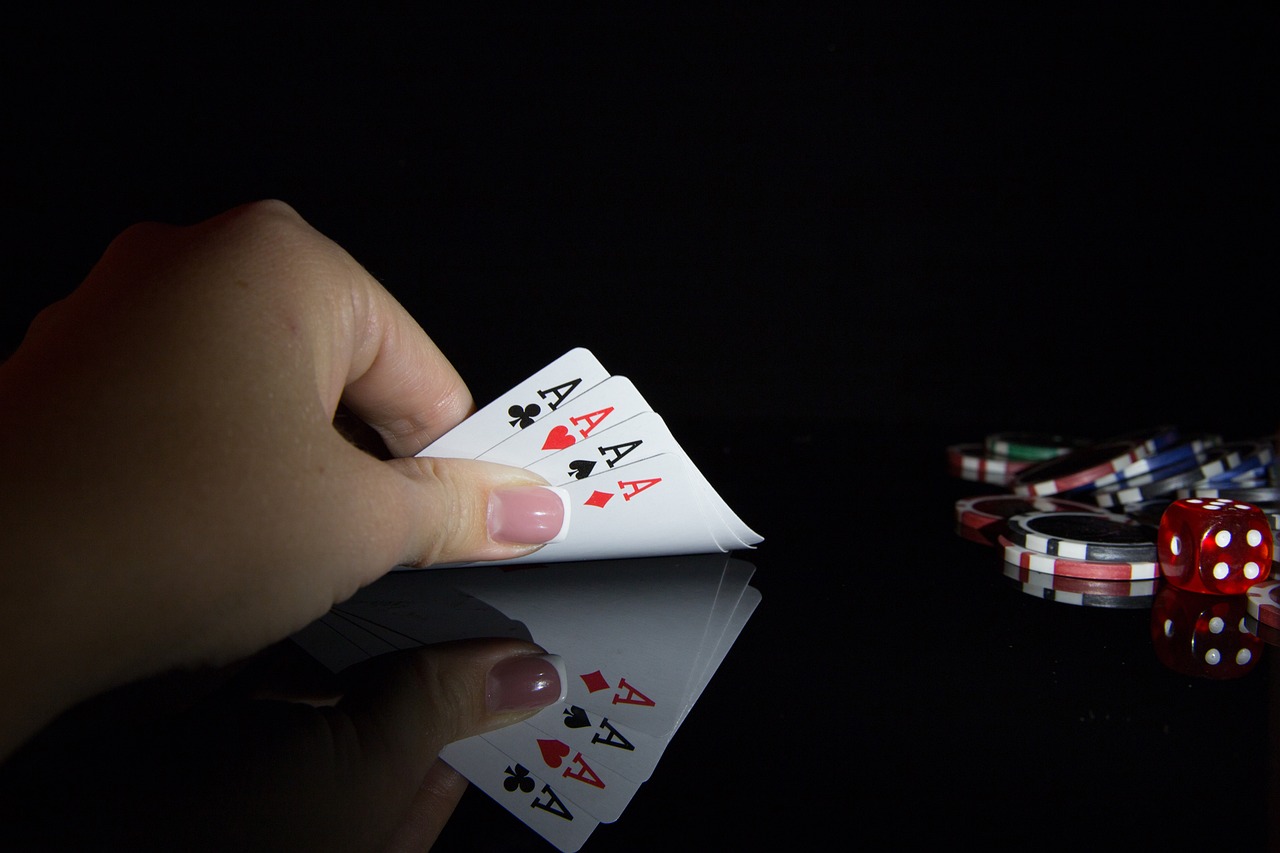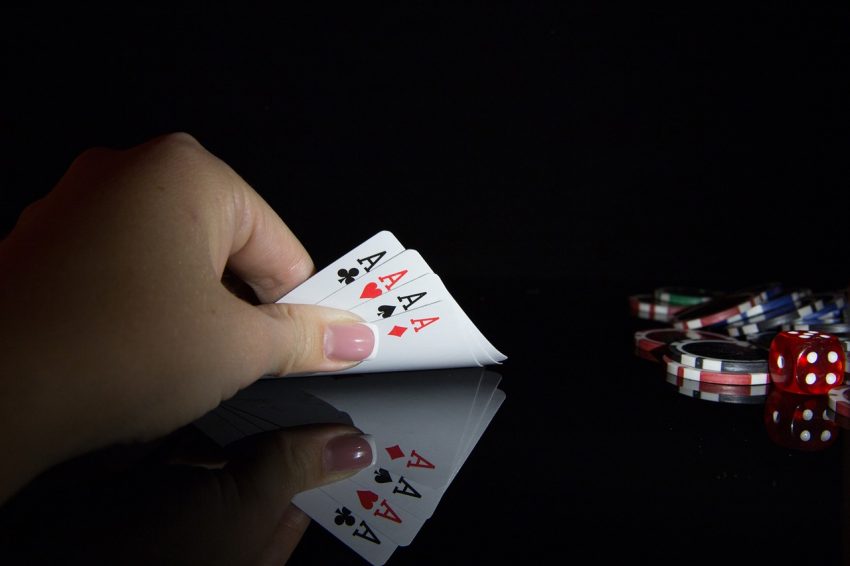
Blackjack is one of the few casino games where skill, strategy, and discipline can tip the odds in your favor. Unlike games of pure chance such as roulette or slots, blackjack offers an opportunity for professional players to make consistent profits over time. While it may seem glamorous, becoming a professional blackjack player is not easy. It requires mastery of strategy, emotional control, and rigorous bankroll management.
In this guide, we will explore how to become a professional blackjack player by covering essential strategies, mental discipline, and the practical steps you need to take to build a career out of playing this classic casino game.
1. Understanding the Basics of Blackjack
Before you dive into advanced strategies, it’s crucial to master the fundamental rules and mechanics of blackjack. Unlike other casino games, blackjack is not solely based on luck. It is a game where players make decisions based on mathematical probabilities, which makes it possible to consistently gain an edge over the house. Here’s a quick recap of the basic blackjack rules:
- The Goal: In blackjack, the goal is to beat the dealer by having a hand value closer to 21 without going over. The dealer plays by specific rules (usually hitting on 16 and standing on 17), giving knowledgeable players an opportunity to exploit these constraints.
- Card Values: Cards from 2 to 10 carry their face value, face cards (Jack, Queen, King) are worth 10, and aces can be worth either 1 or 11, depending on which is more advantageous for your hand.
- Basic Gameplay: Each player is dealt two cards, and the dealer also gets two cards (with one face-up and one face-down). Players then decide whether to hit (take another card), stand (keep their current hand), double down, split, or surrender, based on the cards dealt.
Understanding these basic rules will help lay the foundation for more advanced strategies, which are essential to becoming a professional player.
2. Mastering Basic Strategy: The Blueprint for Success
The first step toward becoming a professional blackjack player is learning basic strategy. Basic strategy is a mathematically derived set of guidelines that tells you the optimal decision to make in any given situation. It considers your hand and the dealer’s upcard to determine whether you should hit, stand, double down, or split.
- Why Basic Strategy Matters: Blackjack is a game of probabilities, and by consistently following basic strategy, you minimize the house edge to less than 1%. This is crucial because it significantly increases your chances of winning over time.
- Key Elements of Basic Strategy:
- Hit or Stand: If you have a hard total (a hand without an ace), basic strategy helps you decide whether to hit or stand based on your hand value and the dealer’s upcard. For example, if you have a hard 12 and the dealer shows a 6, you should stand because the dealer has a high chance of busting.
- Double Down: Doubling down allows you to double your initial bet in exchange for one more card. Basic strategy indicates when doubling down is the best move, such as when you have a hand of 11 and the dealer shows a weak card (2 through 6).
- Splitting Pairs: Basic strategy also covers when to split pairs. For instance, always split aces and eights, but never split tens or fives.
- Surrendering: In certain cases, basic strategy recommends surrendering, where you forfeit half your bet but keep the other half. This is typically suggested when you have a weak hand and the dealer has a strong upcard (like a 10 or ace).
- Memorizing the Basic Strategy Chart: Basic strategy is best followed through memorizing a chart that lists the optimal move for every possible hand versus every dealer upcard. Study this chart rigorously, as it will be the backbone of your professional blackjack play.
3. Card Counting: Gaining an Edge Over the Casino
Once you’ve mastered basic strategy, the next step to becoming a professional blackjack player is learning to count cards. Card counting is a technique that allows you to track the ratio of high cards (10s and aces) to low cards remaining in the deck. When the deck is rich in high cards, the odds shift in your favor, giving you a chance to increase your bets and win more money.
- How Card Counting Works: Card counting assigns a value to each card:
- Cards 2-6 are counted as +1.
- Cards 7-9 are counted as 0.
- Cards 10, Jack, Queen, King, and Ace are counted as -1.
As the cards are dealt, you keep a “running count” of the values. A positive count means there are more high cards left in the deck, which is advantageous for the player. Conversely, a negative count means more low cards are left, favoring the dealer.
- The True Count: In multi-deck games (which are common in casinos), you need to convert the running count into the “true count” by dividing the running count by the number of decks remaining in the shoe. This true count helps you determine the size of your bets.
- Betting Based on the Count: The key to card counting is adjusting your bets based on the count. When the true count is positive, increase your bet because the odds are in your favor. When the count is negative or neutral, reduce your bets to minimize losses.
- Staying Under the Radar: Casinos are well aware of card counters and employ various tactics to identify and discourage them. To succeed as a professional blackjack player, you must learn how to “blend in” and avoid drawing attention to your counting. This might involve varying your bet sizes subtly and not making obvious changes based on the count.
4. Bankroll Management: Staying in the Game
Bankroll management is crucial for any professional gambler, and it’s no different in blackjack. Even with card counting and basic strategy, you will experience fluctuations in your wins and losses. Proper bankroll management ensures that you can weather these swings and avoid going broke.
- Set a Starting Bankroll: Before you begin playing professionally, determine how much money you are willing to dedicate to your blackjack career. This should be a significant amount because larger bankrolls allow for better risk management and less stress during losing streaks.
- Bet Sizing: To minimize the risk of ruin, professional blackjack players typically bet between 1-2% of their total bankroll per hand. This ensures that a few bad hands don’t wipe you out entirely.
- Loss Limits and Win Goals: Set a maximum loss limit for each session, and stick to it. Similarly, set realistic win goals. Once you reach your win goal, stop playing for that session. This disciplined approach prevents you from giving back your winnings during a bad streak.
5. Emotional Control and Discipline: The Mental Aspect of Professional Play
One of the most overlooked aspects of becoming a professional blackjack player is the mental discipline required. Blackjack can be emotionally taxing, especially when you experience long stretches of bad luck. Keeping a cool head is critical to maintaining your edge over time.
- Avoid Tilt: “Tilt” is a term used to describe emotional frustration that causes a player to deviate from optimal strategy. Losing a few hands in a row can be frustrating, but it’s essential to stick to your strategy and avoid making rash decisions.
- Stay Focused: As a professional, you’ll be playing for long hours at a time. Staying focused and sharp is critical, especially when counting cards. Fatigue can lead to mistakes, so take regular breaks and maintain a healthy lifestyle to stay at the top of your game.
6. Playing in the Right Casinos and Games
Not all casinos and blackjack games are created equal. To maximize your chances of success as a professional blackjack player, choose your casinos and games wisely:
- Look for Player-Friendly Rules: Seek out casinos that offer favorable blackjack rules such as 3:2 payouts for blackjack, allowing doubling down on any two cards, and letting players split aces. These rules reduce the house edge and improve your chances of winning.
- Avoid 6:5 Blackjack Games: Many casinos offer games with a 6:5 payout on blackjack instead of the traditional 3:2. Avoid these games, as they increase the house edge and make it harder to be profitable.
- Consider Online Blackjack: Online blackjack can be a viable option for professional players, especially since some sites offer low house-edge games and allow you to play multiple hands at once. However, online casinos may have measures in place to prevent card counting.
Summary: Becoming a Professional Blackjack Player
Becoming a professional blackjack player is not for everyone. It requires a deep understanding of strategy, card counting, emotional control, and rigorous bankroll management. While blackjack offers one of the best odds for players in the casino, turning it into a full-time career involves hard work, discipline, and dedication. With the right skills and mindset, however, it is possible to gain an edge and make a living from the game of blackjack.







